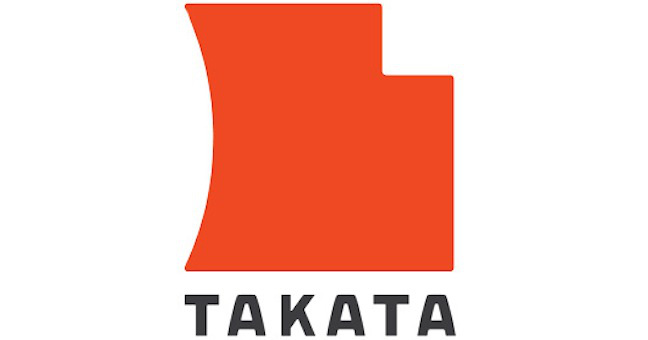Senate Report Claims Takata Falsified Data On Airbag Inflators
 Less than a month after an independent review panel hired by Takata — the company behind the ongoing recall of millions of defective, potentially dangerous, airbags — found that the Japanese auto parts maker lacks quality control processes and policies to address defects, a Senate panel report backed up the findings and found the company falsified some test data about certain airbag components.
Less than a month after an independent review panel hired by Takata — the company behind the ongoing recall of millions of defective, potentially dangerous, airbags — found that the Japanese auto parts maker lacks quality control processes and policies to address defects, a Senate panel report backed up the findings and found the company falsified some test data about certain airbag components.
Earlier today, the Senate Committee on Science, Commerce and Transportation released a report [PDF] that includes documents and emails allegedly showing that Takata continued to manipulate and alter testing data in 2010, even after a pair of fatalities had been linked to recalled, rupturing airbag inflators.
Documents and emails provided to the Committee allegedly show that Takata continued to manipulate and alter testing data in 2010, even after recalls in 2008 and 2009 and two fatalities in 2009 linked to rupturing inflators.
According to the report [PDF], the false data was discussed in an internal 2010 document related to the company’s presentation about a new component’s design to Honda.
In the case of the Honda presentation of an experimental inflator, the report claims Takata altered data that found “significantly variable hydro-burst, significantly reduced safety factor, and significant weld quality issues.”
“It is disturbing that data integrity issues persisted at Takata, even after recalls and fatalities in 2008 and 2009,” the report states, noting that while Honda apparently approved of the new component, it never actually went into production.
In addition to the inaccuracies presented to Honda, the committee found that a director in Takata’s global inflator/propellant organization raised questions about the way in which the company determined which vehicles were covered by recalls.
“More than four years after the first recall of Takata airbags, the director was asked in March 2013 to present information to an automaker about the range of vehicles affected by the recall,” the committee report states. “In his personal notes, the director wrote, ‘I told the group that it seemed clear to me that the information used to set the range of the recall was, in one case, technically unsupportable, and in the other case, a likely misrepresentation of the production records.'”
According to the director’s notes, he raised the concerns with Takata’s senior vice president of quality assurance, but reported that the higher-ups failed to address the issue.
The company’s recalled airbags, which have been found to explode with such force they shoot pieces of shrapnel at drivers and passengers, have been linked to nine deaths in the U.S., 10 worldwide, and hundreds of injuries.
A spokesperson for Takata tells the New York Times that issues detailed in the report “are inexcusable and will not be tolerated or repeated.”
The Senate Committee concluded in its report that the documents and emails represent a failure by the auto parts maker to ensure the integrity of its testing of inflators or to respond to ethical concerns.
The committee recommends that automakers phase out all Takata ammonium nitrate-based inflators as soon as possible.
The volatile chemical was revealed to be one of three factors that work in conjunction to create the violent ruptures, a group of scientists commissioned by automakers announced on Tuesday.
The group, known as the Independent Testing Coalition, determined that three factors – the use of ammonium nitrate, inflator construction issues, and exposure to moisture – contributed to the defect.
In addition to phasing out the chemical inflators, the committee reports recommends that the National Highway Traffic Safety Administration take action to accelerate the production of non-ammonium nitrate replacement inflators, and that the agency make revisions to better manage the overall recall process.
Takata Faked Test Data a Year After Airbag Recalls, Report Says [The New York Times]
Want more consumer news? Visit our parent organization, Consumer Reports, for the latest on scams, recalls, and other consumer issues.

